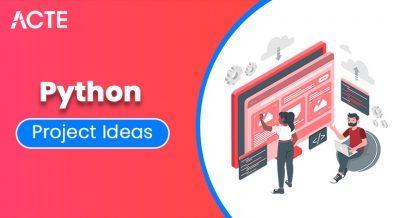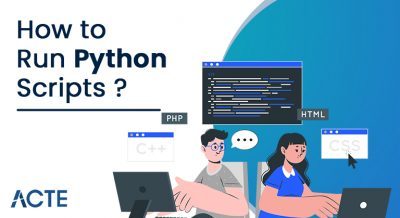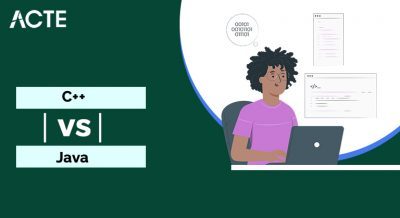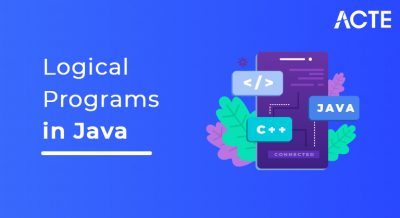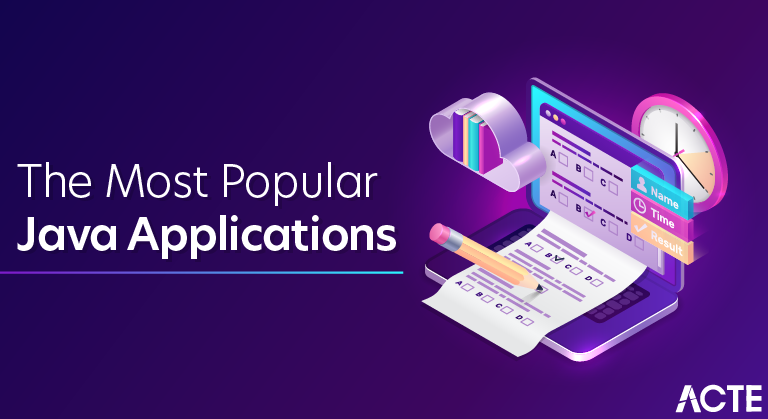
- Desktop GUI Applications
- Mobile Applications
- Enterprise Applications
- Scientific Applications
- Web-based Applications
- Embedded Systems
- Big Data Technologies
- Distributed Applications
- Cloud-based Applications
- Web servers and Application servers
- Software Tools
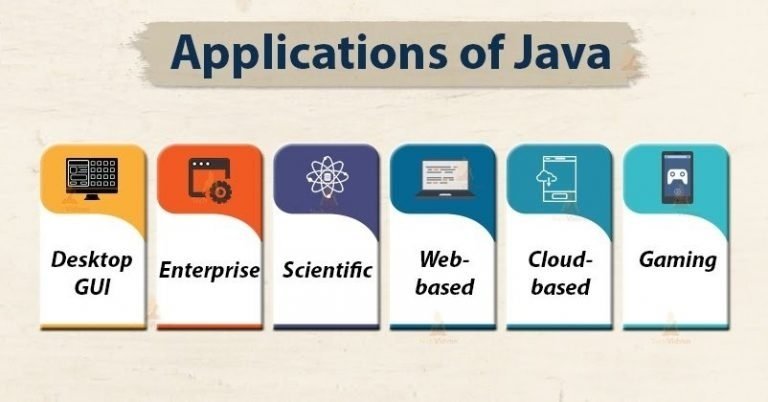
1. Desktop GUI Applications :
Desktop applications can be easily developed using Java. We use APIs like AWT, Swing, JavaFX to build these applications.
AWT (Abstract Windowing Toolkit) is an interface used to develop window-based applications in Java. It is “not totally Java-based” as it uses window user interface functionalities such as a menu, button, list, etc.
Swing is a GUI widget toolkit, which uses AWT and provides certain advanced components like trees, tables, scroll panes, tabbed panels and, lists. Swing is” totally java-based” and uses Swing packages of Java to develop applications. It responds to all the mouse-click events, key entries, etc.,
JavaFX is a modern way to develop a desktop application in Java, it is graph-based and totally different from AWT and Swings.
2. Mobile Applications :
A mobile application is an application created for mobile phones and tablets. In today’s era, the majority of phones and smart devices have Android OS and Android development is not possible without Java. Java Micro Edition (Java ME or J2ME) is a popular cross-platform framework that is used to build applications that run across all feature phones and smartphones.
Moreover, Java is compatible with AndroidStudio and Kotlin.
Now, you must be thinking why only for Android mobile app development?
The reason is that Java compiler compiles the Java classes into bytecode and this bytecode runs on Dalvik Virtual Machine (DVM), which is a specialized virtual machine (VM) for Android.
3. Enterprise Applications :
An enterprise application is a large software system which operates in a corporate environment, to satisfy the needs of an organization, rather than of individual users.
Java becomes the first choice for the development of enterprise applications because of its robust features that match the requirements for the same. In today’s era, most of the enterprise organizations are based on the applications of Java only because it is the most secure, powerful, scalable language. Oracle Corporation claims that “about 97% of enterprise applications use Java for development of large-scale software”. Java EE (Java Enterprise Edition) is an API that is used to provide the tools necessary to develop large-scale, multi-tiered, scalable, reliable, distributed and secured network applications in enterprises.
- Java fulfills the most essential need of these enterprises, which is security, as Java runs inside the JVM (Java Virtual Machine), which verifies the bytecode coming from the external systems, which ultimately prevents the security breaches. This is the reason why most of the banking applications are developed on the Java platform.
- Moreover, Java improves the performance of these applications, as it comes with strong memory management, which automatically deletes the unused memory.
- Applications of Java can easily be made scalable in order to increase the number of users on the enterprise application site.
- Companies like Naukri, Jabong, Google, Myntra, Flipkart, Trivago, ibibo, TripAdvisor, Spotify, Uber, TCS, Infosys, HCL, Wipro, Pinterest, eBay, etc use Java.
4. Scientific Applications :
A scientific application is an application that affects real-world activities using mathematics. Java supports the development of scientific applications, because of its powerful features.
- Java becomes the best choice for writing scientific applications involving scientific calculations and mathematical operations. It provides a fast, secure and highly portable environment to these applications, which is the basic requirement for these applications.
- It has powerful mathematical calculations which have to give the same results on different platforms, this makes the choice for the developers to opt Java for scientific applications.
- MATLAB (Mathematical Laboratory) which is one of the most popular scientific applications, uses Java for developing both front-end (interactive user-interface) and back-end (a core part of the system).
- The front-end and back-end of the scientific applications are both based on Java. For the front-end, Java provides struts, JSP (Java Server Pages), servlets. For the back-end, core Java can be used in servlets.
5. Web-based Applications :
A web application is a client-server program that is delivered on the Internet through a browser interface.
- Java supports the development of web-applications with the help of servlets, struts, JSP (Java Server Pages) and JSF (Java Server Faces), Spring, Hibernate and web-servers like Apache Tomcat, Apache HTTP web-server, Resin, adobe JRun, etc.
- With the help of these technologies, we can develop any kind of web-based application.
- Servlets and JSPs are the server-side components that help to develop the business logic of the web application. JSP is an extension of the Servlet as it has more features as compared to the servlet.
- E-commerce web applications also use Java with the help of open-source eCommerce platforms, such as Broadleaf.
- Java provides easy coding and high security which enables the development of a large number of applications for health, social security, education, and insurance.
6. Embedded Systems :
An embedded system, also known as an integrated system, is a combination of many small computing units that assemble together to perform dedicated functions for the larger systems.
Embedded systems are present everywhere. Don’t believe it? Most of us use them without knowing. For example, a motor system, entertainment and multimedia in a car, E-commerce, wireless communication, mobile computing and networking use an embedded system.
Embedded systems use Java for development. Originally, Java was designed for the purpose of developing embedded systems.
- Java shows how efficient its platform is, for which there is a need of just 130 KBs to use it on smart cards or sensors.
- Java is fast which can be important when using low-power/low-speed processors, and its robustness which means handles exceptions safely.
- SIM (Subscriber Identity Module) cards in our phones have been running a variant of the JVM (Java Card) for nearly 20 years.
- Other devices like BlueRay Disc players, utility meters and televisions use Java technology. According to Oracle Corporation, “100% of Blu-ray Disc Players and 125 million TV devices use Java”.
7. Big Data Technologies :
The term big data is defined as “extremely large and complex datasets that may be analyzed to extract patterns, trends, and useful information. It is one of the most popular topics in the world of the latest technology. Java is the perspective of big data. Today, many developers are switching their careers to Big Data Technology.
- An open-source framework, called associated with big data, is written in Java. Moreover, the Automatic Garbage Collection and strong memory management give it higher priority over the other programming languages.
- Many prominent big data technologies like Apache Hadoop, Apache Spark, Apache Mahout, etc are the sub-projects of Java.
- Also, the most powerful programming languages like Scala (Scalable Language), a pure object-oriented language, is based on Java. Scala programs are easily convertible into bytecode; which can run on the JVM.
- Hadoop and other big data technologies are also using Java in one way or the other. For example, Apache’s Java-based HBase and Accumulo (open source), and ElasticSearch as well.
A distributed application is an application or software that executes or runs on multiple computers within a network.
- Distributed applications or systems have many common requirements that occur especially because of the distributed and dynamic nature of the platforms they operate on. Java offers options to realize these applications.
- RMI (Remote Procedure Invocation) and CORBA (Common Object Request Broker Architecture) are the APIs to develop distributed applications.
- The Jini (Java Intelligent Networking Infrastructure) gives an infrastructure to provide, register, and find distributed services based on its specifications. An essential part of Jini is JavaSpaces, that supports distribution, persistence, and migration of objects in a distributed environment.
9. Cloud-based Applications :
Cloud computing means on-demand delivery of IT resources via the Internet, including storage, servers, databases, networking, and software with a pay-as-you-go pricing model. It provides a solution for IT infrastructure at a low cost, as we can save files on remote databases and retrieve them on demand.
- Java has long been the programming language that provides a structure for web applications, and now it has reached cloud applications, because of its distributed nature.
- Java provides us with features that can help us build applications used in SaaS (Software-as-a-service), IaaS (Infrastructure-as-a-service) and PaaS (Platform-as-a-service) development.
- There are many Java cloud development tools. For example, Oracle Java cloud service provides a platform to develop and configure the Oracle servers.
- Java can serve the companies to build their applications remotely or help them share data with others, according to their needs.
10. Web Servers and Application Servers :
A web server is a computer program that uses HTTP (Hypertext Transfer Protocol) and other protocols, to store, process, and respond to client requests made over WWW (World Wide Web). A web server is a system that runs websites and delivers web pages to users.
An application server (or app server) is a software framework that stores the business logic for an application program and handles all operations between the client-end and the back-end of organizations. It is not limited to HTTP but can do a bunch of other stuff.
- Java ecosystem contains multiple Java web servers and application servers.
- Java provides web servers including Apache Tomcat, Simple, Jo!, Rimfaxe Web Server (RWS) Apache HTTP server, Resin, Adobe JRun, and Project Jigsaw.
- WebLogic, GlassFish, WildFly, WebSphere, and JBoss EAP occupy commercial application server space.
11. Software Tools :
A software tool is a set of computer programs that developers use to develop, analyze, maintain, debug, or support other applications and programs. Many developers use Java to write and develop useful software tools.

